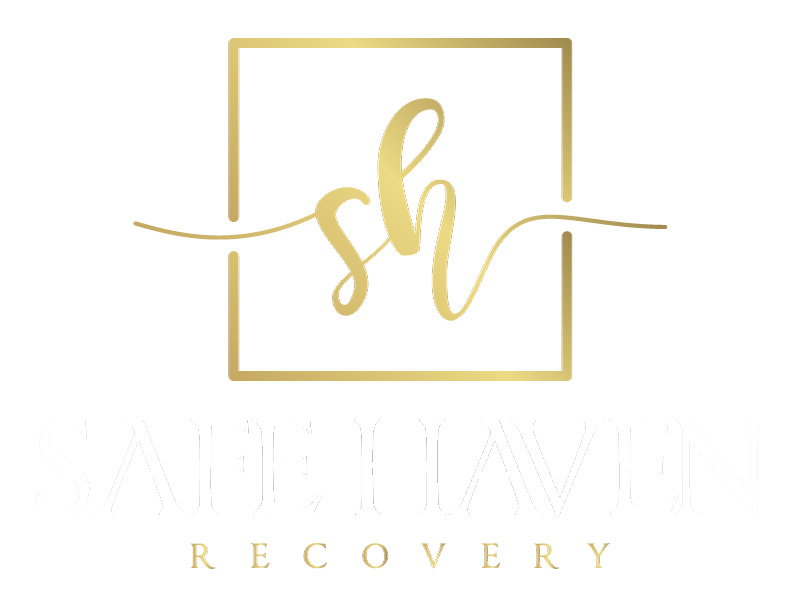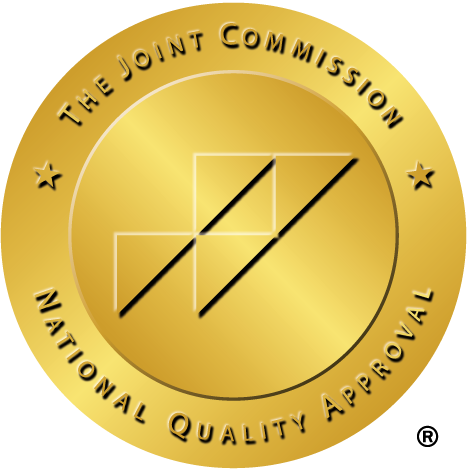Dual Diagnosis Treatment Beverly Hills
At Safe Haven Recovery, we understand that when it comes to mental illness and addiction, sometimes a single diagnosis doesn’t tell the whole story. That’s why Safe Haven Recovery Center offers comprehensive dual diagnosis treatment in Beverly Hills, CA that effectively addresses both underlying mental health issues and addiction at the same time.
Our team of experienced clinicians employs cutting-edge treatment methods designed to uncover and work through both addiction and any associated mental health problems you may have. With our custom approach, each individual is provided with the attention and care needed for them to gain control of their life and achieve sustainable recovery.
Some of the conditions that might be connected to substance abuse problems include:
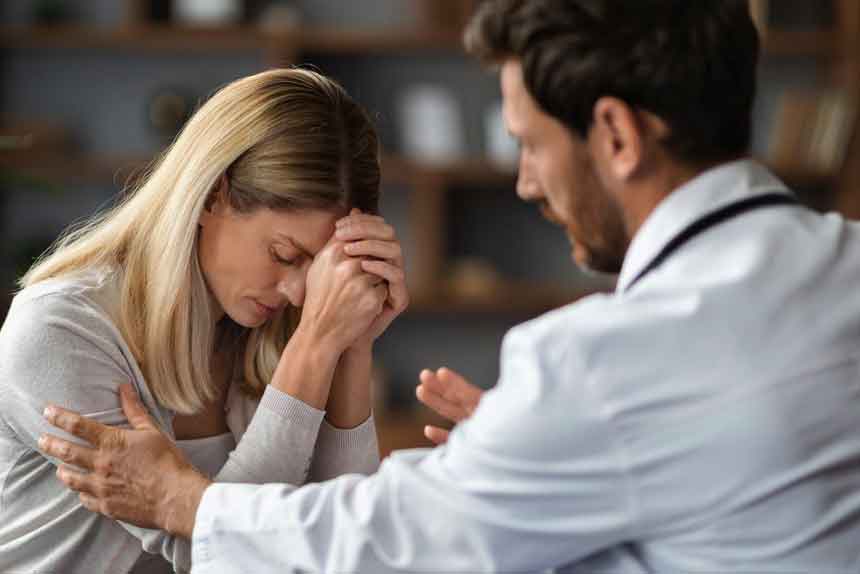
What's Included in the Program?
Our dual diagnosis program takes a comprehensive, personalized approach to addressing both mental health conditions and substance use disorders.
Levels of Care
- Detox
- Residential Treatment
Benefits of Program
- Thorough Mental Health Assessments
- Personalized Treatment Plans
- Proven, Evidence-Based Therapies
- Round-the-Clock Professional Support
Duration of Stay

Who Is This Program For?
This program is specifically designed for individuals facing both substance abuse and mental health challenges, offering comprehensive care tailored to their unique needs. It is suited for those seeking to better understand the connection between addiction and mental health conditions.
It’s especially valuable for those needing professional diagnosis or treatment for co-occurring disorders, providing the essential care to support both their mental and physical well-being at the same time.
Call Now for Program Availability
Get a confidential consultation and explore your options.
Our friendly support team is here to help.
Depression and Anxiety
Depression and anxiety are often grouped together in the mental health world because they often exist together. Sometimes, depression can trigger anxiety and vice versa.
Very often, people who suffer from depression or anxiety or both will try to self-medicate their conditions with substances. Those substances provide an escape from reality, which depression and anxiety sufferers might not want to face without their assistance. The problem is that these kinds of problems cannot be solved with alcohol or drugs, so the problems are still there when the effects have worn off.
With proper treatment, it is possible to manage the symptoms of depression and anxiety, but if they are not treated, there’s a very high chance that even after rehabilitation, sufferers will go back to the substances they used before.

Bipolar Disorder
Bipolar disorder is a mental health condition that is also sometimes called being “manic depressive.” It is characterized by very high mental highs, and very low mental lows. During manic periods, people may work frantically, be very happy and seem very productive. But that’s not a sustainable state, and manic periods are usually followed by severe depression. Sometimes, people who are in a depressive state from bipolar disorder can’t even get out of bed in the morning.
Many people who have untreated bipolar disorder will abuse substances during both manic and depressive periods. They might use different kinds of substances at different times, and usually, the substances might mask the underlying problem, but actually make it worse.
If bipolar disorder is not treated in a patient who undergoes addiction therapy, there’s a high chance they will relapse in future, when their mental health condition triggers the “need” for their substances of choice.
PTSD
PTSD is a serious condition that is caused by untreated trauma. People who have been in active service in the military often have PTSD or Post Traumatic Stress Disorder. Other causes include physical, emotional or sexual abuse, surviving violence and many other types of trauma.
People who have PTSD might have vivid and disturbing dreams and flashbacks to the events that caused the trauma, they might feel disconnected from people around them, and they might act out with violence or be depressed, sad or anxious.
There are a lot of symptoms people with bipolar disorder might have, but they are all made worse by substance abuse. Very often, people who have PTSD use alcohol or drugs to try to have unbroken sleep or to keep the flashbacks at bay, but it’s not a long term solution.

Treat the Cause and the Symptom
When substance abuse exists alongside mental health problems, it’s very important to treat both the cause and the symptom. In this case, the mental health condition is usually at least partially the cause of the substance abuse, and the substance abuse itself is the symptom.
When you talk to our admissions and substance abuse treatment specialists, be sure to mention any suspected or diagnosed mental health conditions. It will help us to develop a comprehensive and complete treatment plan that addresses both.
Get help for mental health and substance abuse – contact us now!
What Is Dual Diagnosis?
Dual Diagnosis is the term used to describe when an individual has been diagnosed with both a mental health disorder and a substance use disorder. This is also referred to as a co occurring disorder.
Often, people struggle with both conditions simultaneously, creating challenges for the individual in terms of managing their well-being.
Who Should Get Dual Diagnosis Treatment?
Dual Diagnosis treatment is essential for anyone who is struggling with a mental health disorder and addiction issues at the same time. This can include people dealing with a mental disorder like depression, anxiety, bipolar disorder, personality disorders, self harm issues, or any other mental illness as well as drug and alcohol addiction.
Individuals who have attempted traditional mental health treatments without success or those who continue to struggle with a substance abuse problem even after being treated for a mental illness should also consider seeking Dual Diagnosis Treatment. It’s especially important for individuals who have been self-medicating using illicit drugs and other substances due to either condition.

Why Is Treating Mental Health with Substance Abuse Complex?
Treating a mental health disorder and an addiction together can be a complex process because the two often feed into each other. When you have co occurring disorders, drug abuse or alcohol abuse problems can increase a person’s risk of developing or worsening symptoms of certain mental illnesses, while mental illness can also contribute to further drug use in an attempt to self-medicate.
With co occurring disorders present, it becomes harder to focus on just one and the treatment process can feel overwhelming. As a result, it’s important to seek professional help from individuals who understand the complexities of Dual Diagnosis and how to effectively treat both conditions at the same time.
Is It Important for Substance Abuse and Mental Health Conditions to Be Treated Simultaneously?
Yes, it is important to treat co occurring substance use disorders and mental health conditions together to ensure lasting recovery. As mentioned, the two issues often feed into each other which makes it difficult to address either one without taking into account the other.
Having a comprehensive dual diagnosis treatment plan that addresses both issues simultaneously is essential for individuals looking for long-term sobriety, improved mental health, and overall improved quality of life.

How Do You Treat a Person with a Dual Diagnosis?
Treating a person with a Dual Diagnosis involves developing an individualized dual diagnosis treatment plan that takes into account both the mental health disorder and substance use disorder.
Your program might include medication, talk therapy, cognitive-behavioral therapy, dialectical behavioral therapy, group therapy, and other forms of support like support groups or 12-step programs. Depending on your mental illness and the severity of your addiction, you may have to receive treatment in a residential treatment center or get outpatient treatment.
How Is a Dual Diagnosis Treatment Center Different from Rehab?
Dual Diagnosis treatment centers are specifically designed to provide comprehensive care for individuals struggling with abusing substances and mental disorder.
A dual diagnosis treatment center typically offers addiction treatment that not only focuses on substance use disorder but also addresses the underlying mental health issues that may have led to the addiction.

Why Choose Safe Haven Recovery for Dual Diagnosis Treatment in Beverly Hills California?
At Safe Haven Recovery in Beverly Hills, our team of experienced mental health professionals is dedicated to providing comprehensive and compassionate medical care for individuals struggling with Dual Diagnosis.
In our Dual Diagnosis Program, we offer a holistic approach. Our various forms of treatment include individual therapy, cognitive-behavioral therapy, dialectical behavior therapy, mindfulness based cognitive therapy, proper medication management, and intensive outpatient program, and more – all tailored to each individual.
Our clients actively participate in holistic treatments, stress management, and self care activities. We have private rooms and comfortable living spaces in a therapeutic environment that have been designed to provide a safe, secure, and healing environment to promote long term success.
What Are the Different Dual Diagnosis Programs at Safe Haven Recovery?
At Safe Haven Recovery, we know recovery isn’t a one-size-fits-all solution, which is why we take into account the unique factors that are specific to your situation. We can provide you with a customized program that includes mental health treatment and addiction treatment simultaneously.

Generalized Anxiety Disorder and Substance Abuse
We specialize in treating people struggling with addiction and GAD or Generalized Anxiety Disorder. This is one of the most common co-occurring disorders that we treat.
Social Anxiety and Substance Abuse
Our treatment programs provide individuals with the tools they need to understand and manage their social anxiety while learning life skills in recovery.
Depression and Substance Abuse
Our depression and substance use treatment program is designed to help individuals find relief from mood disorders while developing the skills needed to prevent relapse into active addiction.
PTSD and Substance Abuse
Our treatment plan specifically targets Post-Traumatic Stress Disorder (PTSD) and the associated symptoms that commonly co-occur with substance abuse problems.
Bipolar Disorder and Substance Abuse
At our treatment center, we provide comprehensive treatment for individuals struggling with both Bipolar Disorder and substance abuse.

ADHD and Substance Abuse
We offer specialized treatment for individuals struggling with Attention Deficit Hyperactivity Disorder (ADHD) and substance abuse.
Schizophrenia and Substance Abuse
Our schizophrenia and substance abuse program is designed to help individuals find relief from the symptoms associated with schizophrenia, while also aiding in the addiction recovery process.
OCD and Substance Abuse
The treatment approach we use for individuals struggling with both OCD and substance abuse focuses on helping them manage their issues and develop effective coping skills for relapse prevention.

The Best Dual Diagnosis Rehab in Beverly Hills
With Safe Haven Recovery’s dual diagnosis treatment program in Beverly Hills, you’ll be able to regain control of your life as you work towards achieving lasting sobriety free from addiction or mental health struggles.
Our top priority is your well-being and we look forward to being part of your recovery journey. Contact us today to learn more about our services or to schedule an appointment.
We Accept Most Insurance
We accept most major insurance providers including the ones displayed here.
Submit your insurance to confirm coverage.




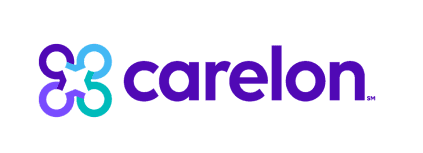









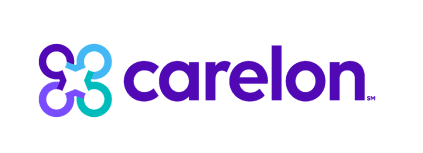





We Are Here To Help You Begin Your Journey
Our friendly counselors are standing by to provide you an unbiased recommendation for treatment. No strings or obligations.
It only takes a few minutes to learn about how we can help you conquer drugs & alcohol, and reclaim control over your life.
Call now.
